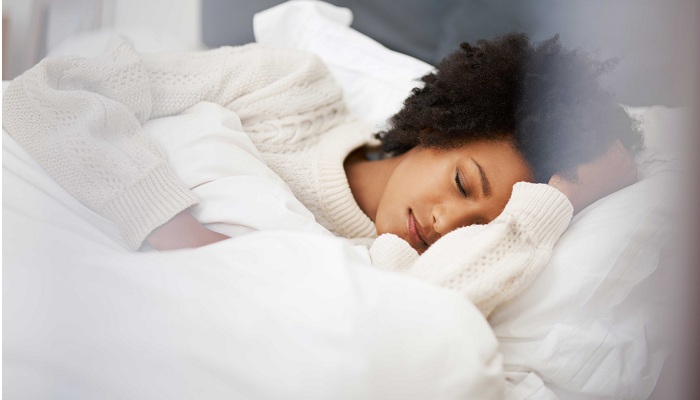A good nightŌĆÖs sleep often gets ignored over other practices, such as adhering to a healthy diet or leading an overall healthy life. The thing that needs to be kept in mind is that healthy sleep is just as much part of leading a perfect lifestyle as much as all the other aspects are.
However, Sweet Island Dreams research shows that sleep can come easily for some and can be elusive for others. And there is no denying that not getting enough sleep for prolonged periods can bring down the overall quality of life. Thankfully, though, there are things that you can do to make sure that you are getting enough sleep.┬Ā
These tips and tricks have been recommended by experts and have proved beneficial for those who implemented them to get a good nightŌĆÖs sleep.
Read on to find out about 6 of these tips that health experts recommend to ensure you get proper sleep at night.┬Ā
HereŌĆÖs What Experts Recommend for Healthy Sleep
Read it to find what experts have to say about healthy sleep. These are some simple and effective methods you can adopt in your life for healthy sleep.┬Ā
1. Avoid Caffeine Late in the Evening
We all know what caffeine and caffeinated products are good for: to keep you awake. So, if you are looking to get a good nightŌĆÖs sleep every night, stay away from caffeine towards the end of the day. It is one of the easiest ways to ensure that you fall asleep and stay asleep for prolonged time periods.┬Ā
However, if the urge to have some coffee or caffeinated products is too strong for you to resist, go for decaf because that will make sure that you are not hopped up on caffeine and, in turn, will lead to a healthier sleeping pattern.
2. Reduce or Avoid Daytime Naps
It is a simple rule: thereŌĆÖs only so much sleep that you can get in 24 hours. This means that the more you sleep during the day, the fewer hours of sleep you will have at night. We all know how irritating and outright alarming it can be to toss and turn in your bed when you are actually trying to fall asleep. Make sure that you do not take any naps, not even power naps, during the day.┬Ā
3. Demarcate Your Sleeping Hours
Another way to make sure that you fall asleep and, in turn, wake up at the right time is to have clearly defined bedtime hours. It is important to train your body to understand that it must know not to stay awake post, say, 11 pm, and should not stay asleep after 5 am. Mind you, these times are given as examples, and you can adjust them at your convenience.┬Ā
In fact, leading an overall healthy lifestyle dictates that your body clock is trained to do certain things at specific times of the day; this is known as the circadian rhythm.
4. Avoid Your Bed Throughout the Entire Day
It has been suggested by healthcare professionals to see to it that you keep the bed only for sleeping at night. In these post-pandemic times where many of us have had to, and some still are, working from home, it is important to have a clearly-defined space for work and a space for rest, even within the confines of your home. Following this rule will ensure that you fall asleep as soon as you hit the bed.
5. Get Exercise Regularly
There is enough evidence from numerous studies to suggest that sleep comes easily to those who have regular exercise. To put it simply, the more exhausted you feel by your bedtime, the quicker you are going to fall asleep.
However, just remember that exercise can have an adverse effect on your sleep if you do it too close to your bedtime. Exercising late in the evening will only help increase your alertness and hormones like epinephrine and adrenaline, which will make it harder for you to fall asleep.
6. Expose Yourself to Bright Lights During the Day
The circadian rhythm, as mentioned earlier, is your bodyŌĆÖs way of maintaining a clock for itself. As per this rhythm, it expects to be exposed to a lot of natural sunlight or bright lights during the day. As a result, you can ŌĆśrestŌĆÖ (see what we did there?!) assured that you would be able to fall asleep faster if you expose yourself to brighter lights throughout the day.┬Ā
Conclusion
Sleep deprivation, at the very least, can lead to a reduced quality of life and can result in serious health issues if not addressed swiftly. While you can try the above tips, and in most cases, they will work wonders for you, in the off chance that they donŌĆÖt, consider actually going to a healthcare service provider to get the underlying issues sorted out.┬Ā
WeŌĆÖll call it a wrap here, hoping that you can find a good nightŌĆÖs sleep when you hit the bed without having to worryingly toss and turn all night.


















